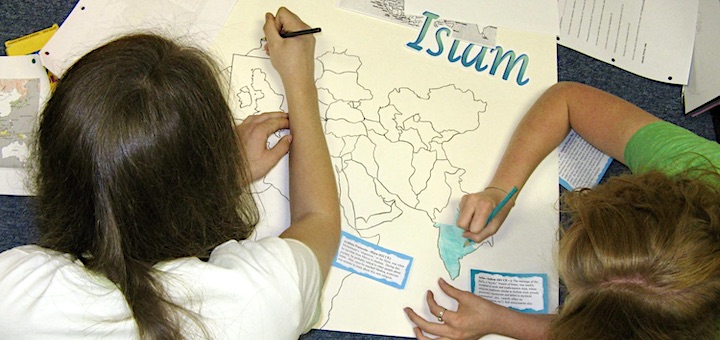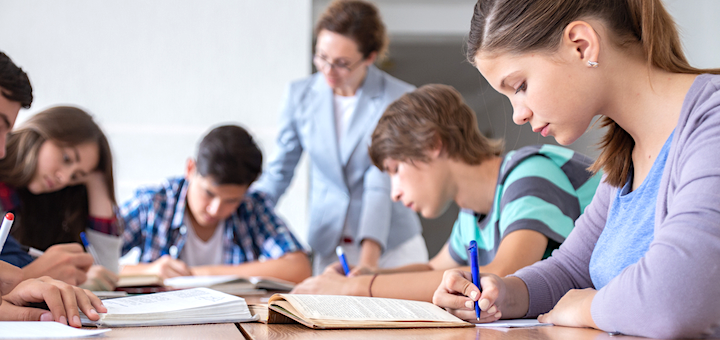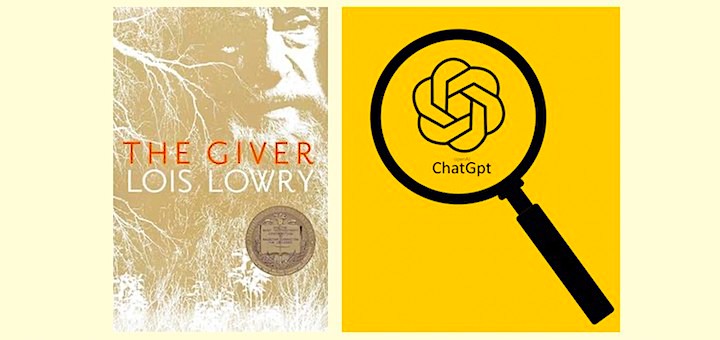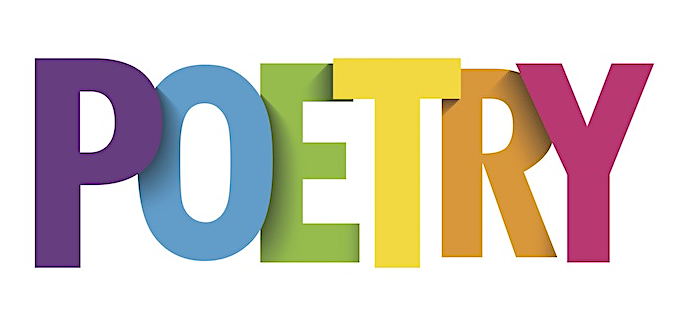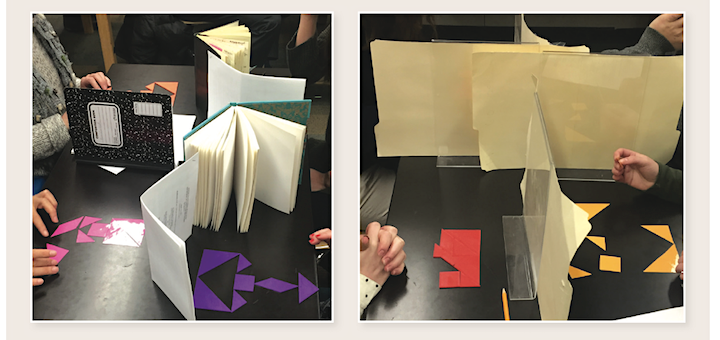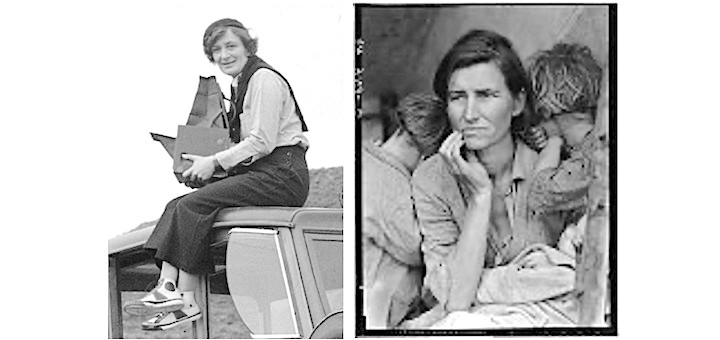5 Things I’ll Remember When I Feel Unmotivated
Like many teachers during last year’s “post-Covid” return to school, middle school veteran Sarah Cooper slipped into the fog and funk and wondered if the joy in teaching was gone for good. Here’s how she wrenched herself through the dark time and found her groove again.

